Cryptocurrency has become a buzzword in recent years, but what exactly is it? If you’re new to the world of digital currencies, this guide will explain everything you need to know about cryptocurrency, from its basic definition to how it works and why it matters.
1. What is Cryptocurrency?
Cryptocurrency is a type of digital or virtual currency that uses cryptography for security. Unlike traditional currencies like the US Dollar or Euro, cryptocurrencies are decentralized and operate on a technology called blockchain.
- Key Features:
- Decentralized: No central authority (like a bank or government) controls it.
- Secure: Cryptography ensures transactions are safe and tamper-proof.
- Transparent: All transactions are recorded on a public ledger (blockchain).


2. A Brief History of Cryptocurrency
The first and most well-known cryptocurrency is Bitcoin, created in 2009 by an anonymous person (or group) known as Satoshi Nakamoto. Bitcoin was designed as a peer-to-peer electronic cash system, allowing people to send and receive money without intermediaries.
- Milestones:
- 2009: Bitcoin launched.
- 2011: Alternative cryptocurrencies (altcoins) like Litecoin emerged.
- 2015: Ethereum introduced smart contracts.
- 2021: Bitcoin reached an all-time high of over $60,000.


3. How Does Cryptocurrency Work?
Cryptocurrencies operate on blockchain technology, a decentralized ledger that records all transactions across a network of computers.
- Key Components:
- Blockchain: A chain of blocks containing transaction data.
- Mining: The process of validating transactions and adding them to the blockchain.
- Wallets: Digital tools to store and manage cryptocurrencies.

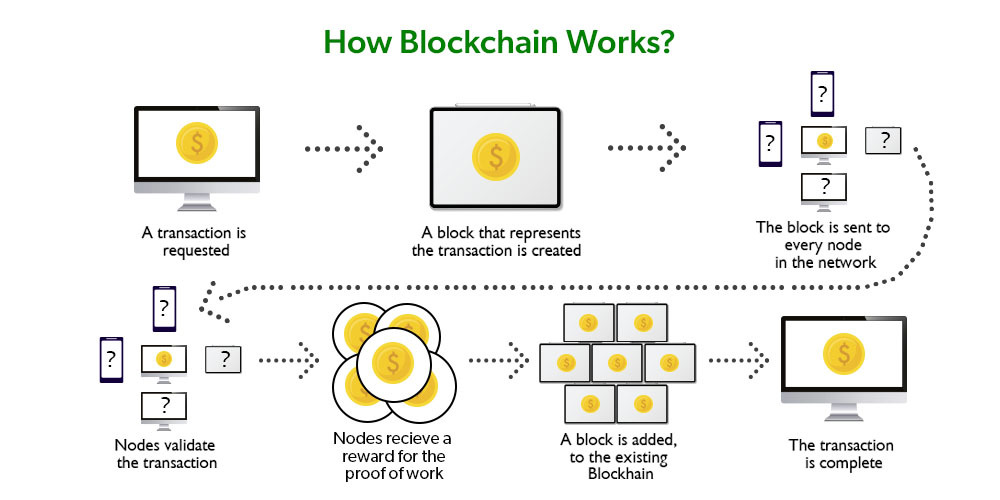
4. Types of Cryptocurrencies
There are thousands of cryptocurrencies, but they can be categorized into a few main types:
- Bitcoin (BTC): The first and most valuable cryptocurrency.
- Altcoins: Other cryptocurrencies like Ethereum (ETH), Ripple (XRP), and Litecoin (LTC).
- Stablecoins: Cryptocurrencies pegged to stable assets like the US Dollar (e.g., USDT, USDC).
- Tokens: Digital assets built on existing blockchains (e.g., ERC-20 tokens on Ethereum).

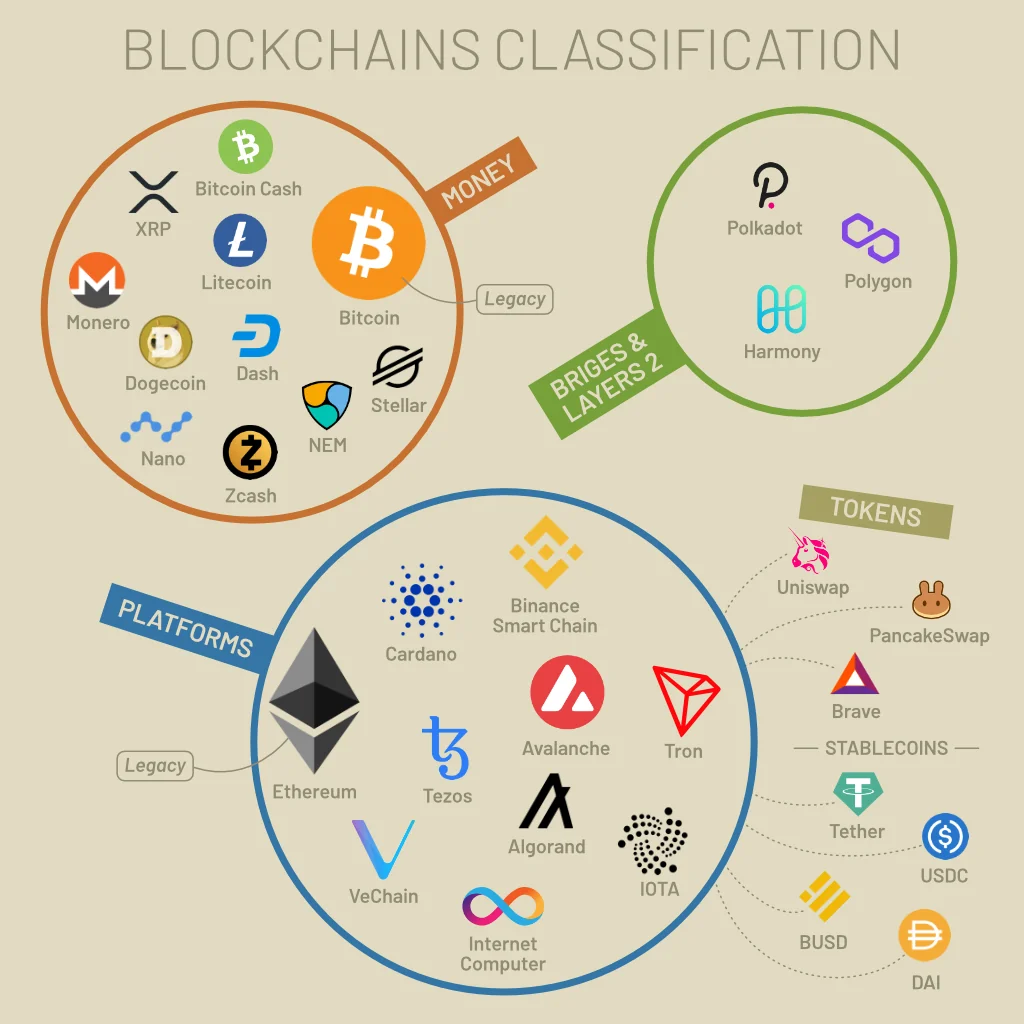
5. Why is Cryptocurrency Important?
Cryptocurrency offers several advantages over traditional financial systems:
- Decentralization: No single entity controls the network.
- Lower Fees: Transactions often have lower fees compared to banks.
- Global Access: Anyone with an internet connection can use cryptocurrency.
- Transparency: All transactions are recorded on a public ledger.

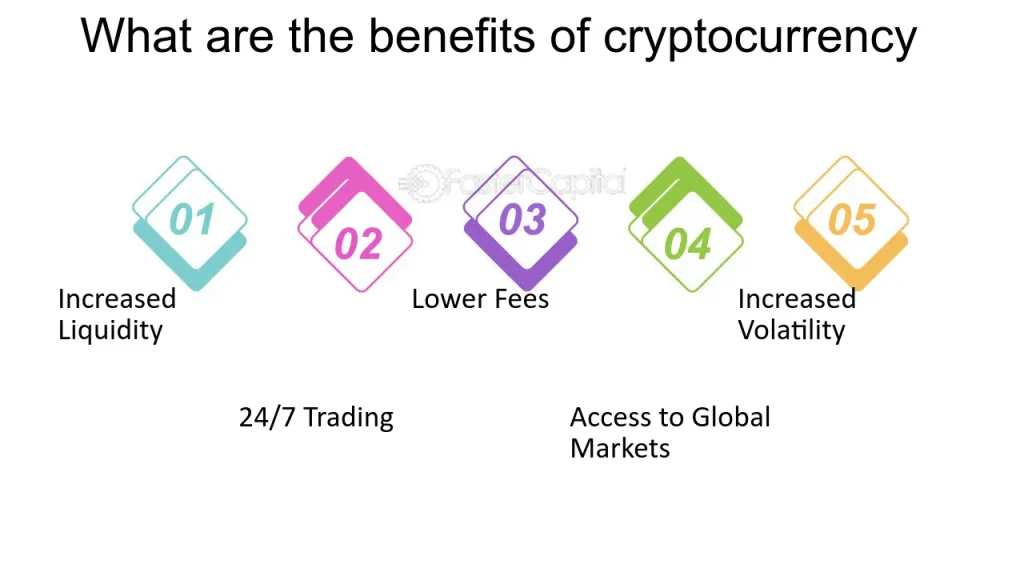
6. How to Get Started with Cryptocurrency
If you’re ready to dive into the world of cryptocurrency, here’s how to get started:
- Choose a Wallet: Select a digital wallet to store your cryptocurrencies (e.g., MetaMask, Trust Wallet).
- Pick an Exchange: Sign up on a cryptocurrency exchange like Binance, Coinbase, or Kraken.
- Buy Cryptocurrency: Purchase Bitcoin, Ethereum, or other cryptocurrencies using fiat money or other crypto.
- Secure Your Assets: Enable two-factor authentication (2FA) and store your private keys safely.

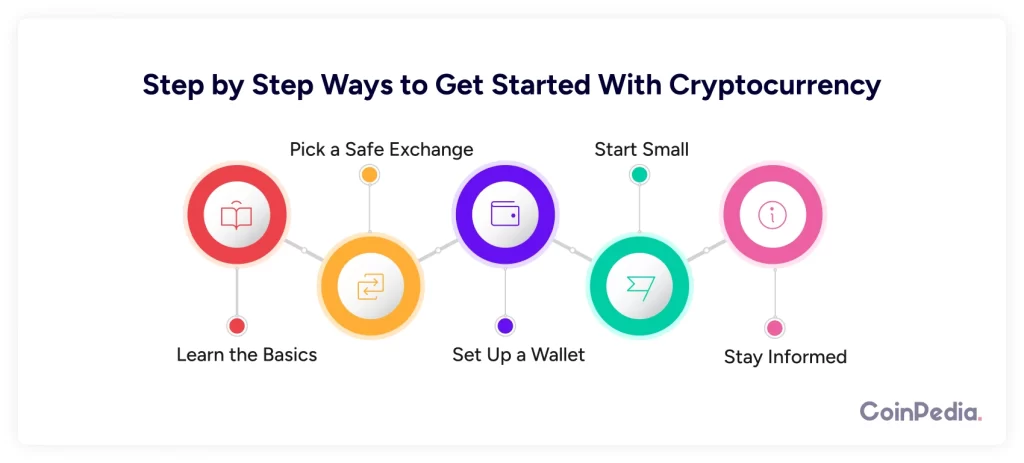
7. Risks and Challenges of Cryptocurrency
While cryptocurrency has many benefits, it also comes with risks:
- Volatility: Prices can fluctuate dramatically in a short time.
- Security Risks: Hacking and scams are common in the crypto space.
- Regulation: Governments are still figuring out how to regulate cryptocurrencies.

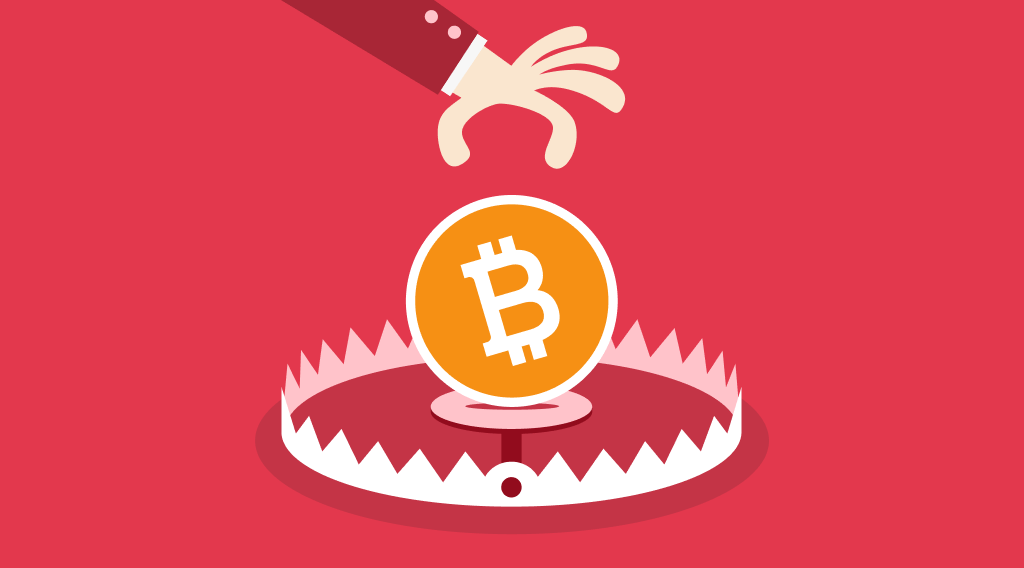
8. The Future of Cryptocurrency
Cryptocurrency is still in its early stages, but its potential is enormous. Here are some trends to watch:
- Mass Adoption: More businesses and individuals are accepting crypto as payment.
- DeFi (Decentralized Finance): Financial services without intermediaries.
- NFTs (Non-Fungible Tokens): Unique digital assets like art and collectibles.


9. Frequently Asked Questions (FAQs)
Q1: Is cryptocurrency legal?
A: The legality of cryptocurrency varies by country. Some countries fully embrace it, while others have restrictions.
Q2: Can I mine cryptocurrency at home?
A: Yes, but mining requires specialized hardware and consumes a lot of electricity.
Q3: How do I keep my cryptocurrency safe?
A: Use a secure wallet, enable 2FA, and never share your private keys.
10. Conclusion
Cryptocurrency is revolutionizing the way we think about money and finance. Whether you’re interested in investing, using crypto for transactions, or simply learning more, this beginner’s guide has covered the basics to get you started. Remember to do your own research and stay informed about the latest developments in this fast-paced industry.














